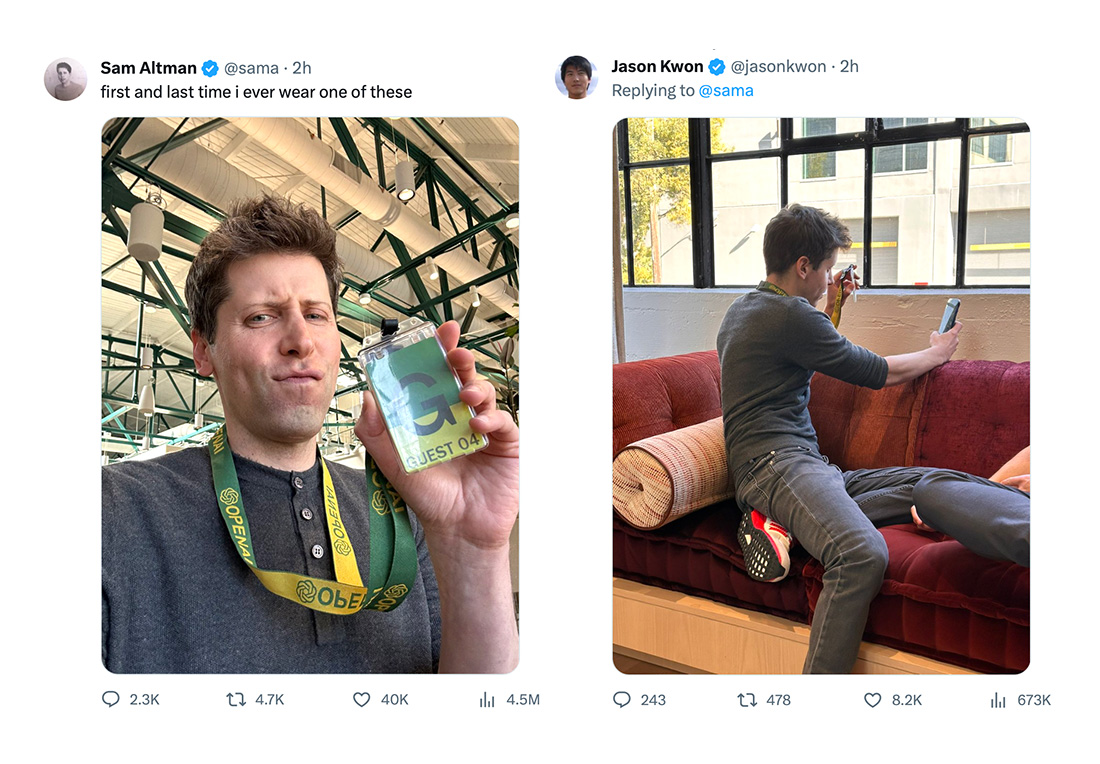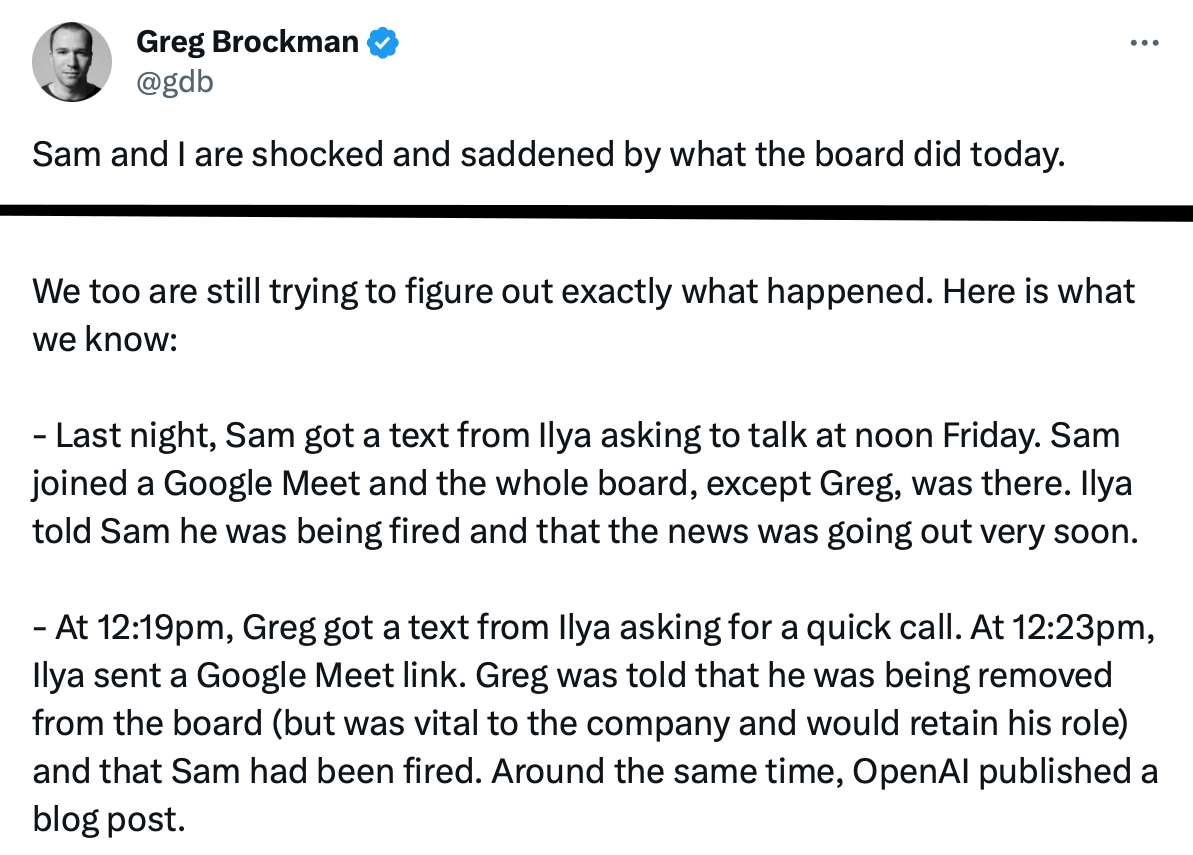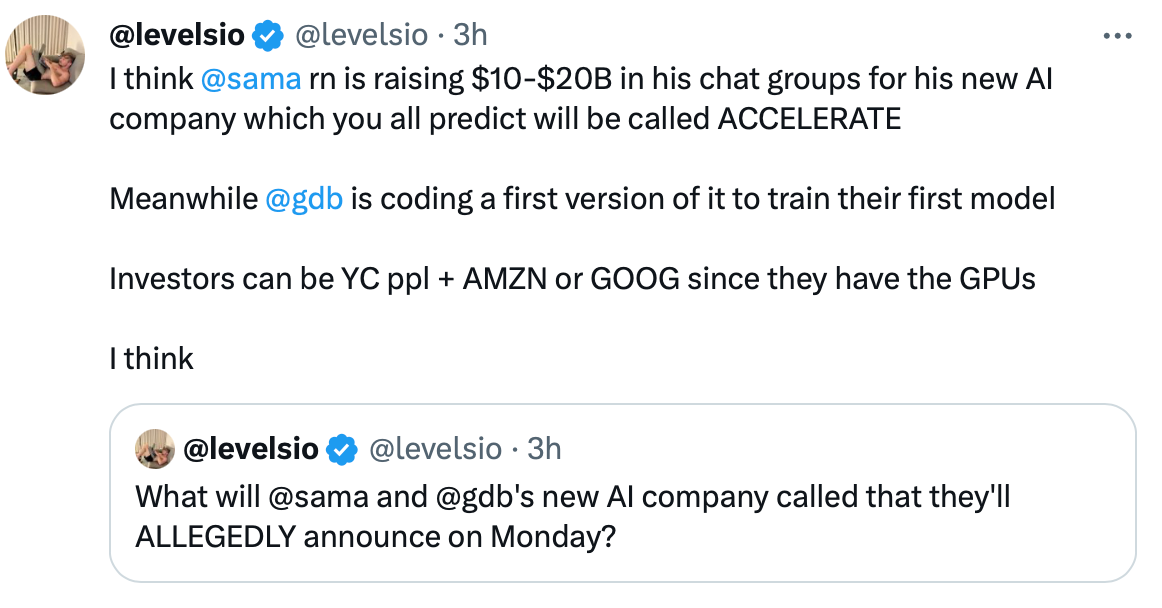psychologists were grappling with how to define and measure creativity in humans. The prevailing theory—that creativity was a product of intelligence and high IQ—was fading, but psychologists weren’t sure what to replace it with. The Dartmouth organizers had one of their own. “The difference between creative thinking and unimaginative competent thinking lies in the injection of some randomness,” they wrote, adding that such randomness “must be guided by intuition to be efficient.”
Nearly 70 years later, following a number of boom-and-bust cycles in the field, we now have AI models that more or less follow that recipe. While large language models that generate text have exploded in the last three years, a different type of AI, based on what are called diffusion models, is having an unprecedented impact on creative domains. By transforming random noise into coherent patterns, diffusion models can generate new images, videos, or speech, guided by text prompts or other input data. The best ones can create outputs indistinguishable from the work of people, as well as bizarre, surreal results that feel distinctly nonhuman.
Now these models are marching into a creative field that is arguably more vulnerable to disruption than any other: music. AI-generated creative works—from orchestra performances to heavy metal—are poised to suffuse our lives more thoroughly than any other product of AI has done yet. The songs are likely to blend into our streaming […]
Music models can now create songs capable of eliciting real emotional responses, presenting a stark example of how difficult it’s becoming to define authorship and originality in the age of AI.
The courts are actively grappling with this murky territory. Major record labels are suing the top AI music generators, alleging that diffusion models do little more than replicate human art without compensation to artists. The model makers counter that their tools are made to assist in human creation.
In deciding who is right, we’re forced to think hard about our own human creativity. Is creativity, whether in artificial neural networks or biological ones, merely the result of vast statistical learning and drawn connections, with a sprinkling of randomness? If so, then authorship is a slippery concept. If not—if there is some distinctly human element to creativity—what is it? […]
We can first divide the human creative process into phases, including an ideation or proposal step, followed by a more critical and evaluative step that looks for merit in ideas. A leading theory on what guides these two phases is called the associative theory of creativity, which posits that the most creative people can form novel connections between distant concepts. […] For example, the word apocalypse is more closely related to nuclear power than to celebration. Studies have shown that highly creative people may perceive very semantically distinct concepts as close together. Artists have been found to generate word associations across greater distances than non-artists. […]
A new study, led by researchers at Harvard Medical School and published in February, suggests that creativity might even involve the suppression of particular brain networks, like ones involved in self-censorship.
{ Technology Review | Continue reading }
Ask any creativity expert today what they mean by “creativity,” and they’ll tell you it’s the ability to generate something new and useful. That something could be an idea, a product, an academic paper—whatever. But the focus on novelty has remained an aspect of creativity from the beginning. It’s also what distinguishes it from other similar words, like imagination or cleverness. […]
The kinds of LLMs that Silicon Valley companies have put forward are meant to appear “creative” in those conventional senses. Now, whether or not their products are meaningful or wise in a deeper sense, that’s another question. If we’re talking about art, I happen to think embodiment is an important element. Nerve endings, hormones, social instincts, morality, intellectual honesty—those are not things essential to “creativity” necessarily, but they are essential to putting things out into the world that are good, and maybe even beautiful in a certain antiquated sense. That’s why I think the question of “Can machines be ‘truly creative’?” is not that interesting, but the questions of “Can they be wise, honest, caring?” are more important if we’re going to be welcoming them into our lives as advisors and assistants.
{ Technology Review | Continue reading }


















